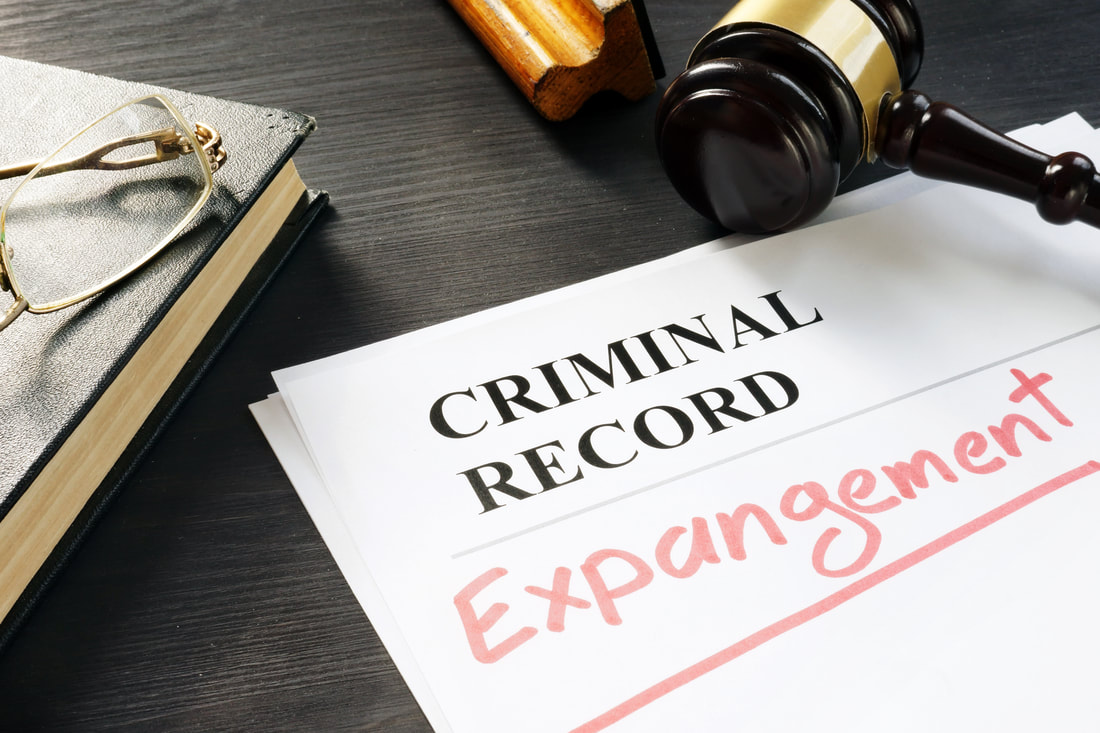|
In 1972, a University of Massachusetts Amherst student, Ed Meek, was leaving a college dorm party.[1] As he began his walk home, Amherst police, who had been tipped off about the party, arrested Meek for public intoxication. At the station, the officers discovered a joint in his wallet.
As he recounts in a WBUR essay, Meek and his lawyer persuaded the judge to postpone the trial indefinitely. Little did he know, this would not be the last time he heard about this joint. Nearly 20 years later, he and his wife applied to adopt a baby from Guatemala. However, the Guatemalan government denied their request due to Meek's record of cannabis possession. Although carrying that same amount of cannabis is now legal in Massachusetts, the stain remains on Meek's record. From applying to jobs to volunteering, this charge has and will continue to follow him for the rest of his life. This story is not unique. As both a former public defender and prosecutor, I have seen firsthand how individuals face obstacles to housing, employment and other fundamental opportunities due to nonviolent cannabis law violations. This reality is true for millions of Americans: Studies show that all 50 states have statutes that impose barriers on individuals convicted of crimes, and over 80% of these statutes effectively function as a denial of employment opportunities.[2] A key pathway to address this issue is through expunging low-level cannabis-related convictions. The process of expungement involves petitioning one's local officials, so that individuals can have their record cleared of these convictions. If they are lucky enough to get through, the process can take a lot of time just to have the conviction actually taken off of their record. Previous legislation on cannabis expungement has targeted federal convictions. However, the focus should be on state and local expungements, as state and local law enforcement handle the vast majority of cannabis-related charges. In 2021, state and local law enforcement reported almost 171,000 arrests for marijuana possession, and close to 14,000 arrests for selling marijuana.[3] By contrast, just under 1,000 people were charged with marijuana crimes on the federal level that same year.[4] The problem isn't that states and cities don't want to accelerate expungement programs for cannabis offenses, but rather that their outdated systems can't support these efforts. Some still heavily rely on paper records in local courthouses. In such cases, the process of expungement requires the clerk to manually find the physical record in their filings. In the 21st century, state and local governments should have access to digitized records. This poses the question: What can be done to remedy this issue? That's where the Harnessing Opportunities by Pursuing Expungement Act comes in. In April, I introduced the HOPE Act with Rep. Alexandria Ocasio-Cortez, D-N.Y. This bipartisan legislation would help address these complications by creating a new grant program under the U.S. Department of Justice called the State Expungement Opportunity Grant Program. The grant program provides funding to state and local governments to alleviate the financial and administrative challenges of clearing state convictions related to cannabis. This relief will benefit individuals who are already eligible for expungement under state laws. One of the primary barriers to expungements on the state and local level is the extensive, time-consuming process. While every jurisdiction has different mandates, the applicants are bound to face hurdles. For starters, simply acquiring all the documents needed to file the application is daunting. Not to mention the fact that some jurisdictions need an approval of the expungement from the prosecutor's office before the court can even consider the expungement, tacking on additional time. Once the applicant has obtained all necessary documents, some jurisdictions require them to prepare the legal document, while others require the applicant to serve papers to the district attorney. If and when applicants officially receive the expungement order, which could take months or even years, they may also be required to serve the order to different agencies that have the record of arrest. As we have seen time and time again, technology is the key to efficiency. With this in mind, state and local governments could also use grant funding under the act to provide legal relief on a broader scale, to make cannabis conviction-related expungements automatic, to publicize information about the process of expungement, and more. Funding for technological solutions would address outdated systems, including those that rely on physical records to complete the expungement. Not only do expungements take time, they also aren't cheap. Though fees vary widely across states, they generally cost a few hundred dollars, which may be difficult to afford for people with convictions who are struggling to find work.[5] With a total of $20 million in grants over the course of 10 years, the HOPE Act will help eliminate the financial burdens of the expungement process while also respecting a state's right to choose if they want to provide such relief. Grants will be administered based on the level of need. Whether it be for legal clinics or to automate the process, each jurisdiction can choose what is best suited for their existing laws. In turn, states and localities will be able to effectively and efficiently expunge convictions for cannabis offenses on the state level. Millions of Americans suffer the consequences of cannabis-related arrest records,[6] even though nearly half the U.S. population lives in a state with legal access to cannabis.[7] Both progressive in scope and conservative in approach, the HOPE Act redresses the consequences of outdated policies. From my perspective as a former public defender and prosecutor, this bill is needed to bring justice system policies in line with the realities of cannabis reform.
0 Comments
Leave a Reply. |
HISTORY
April 2024
Categories |
© Walk 4 Change. All rights reserved.


 RSS Feed
RSS Feed